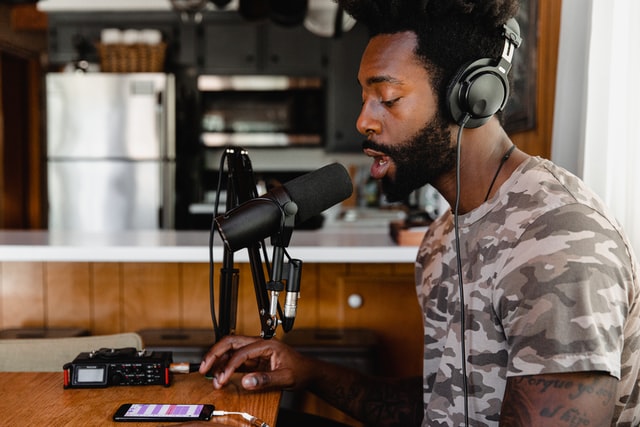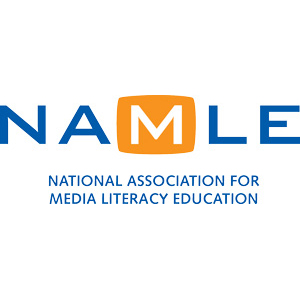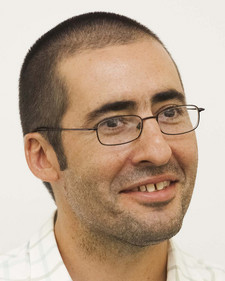Mihailidis Leads $250K National Media Literacy Research Initiative

By Molly Loughman
Rapid advancements in communication technologies have complicated the 60-year-old field of media literacy, and now its role and educational practices are being researched, assessed and developed through a quarter-million-dollar research grant led in part by Emerson College’s School of Communication.
This June, the National Association for Media Literacy Education (NAMLE) launched a $250,000 international research initiative, the Mapping Media Literacy Project, to examine the current state of media literacy education in the United States and Australia. Leading the effort in America is Paul Mihailidis, associate professor of Journalism and graduate program director for Media Design, who explains media literacy is about supporting strong and equitable democracy.

“The U.S. doesn’t have any national media literacy learning pedagogy or curriculum,” says Mihailidis. “It has guidelines and federal resources, but our plan is to provide cohesive and … inclusive research, a set of data, resource guide, principles and practices that anyone — whether they’re in public education or community stakeholders, activists, or policymakers — might be able to look at and ask themselves about their processes they’re using, and if it with inclusivity and equity.”
According to NAMLE, media literacy is the ability to access, analyze, evaluate, create, and act using all forms of communication — crucial skills for participation in civic life. The demand for media literacy to be further integrated into the American educational system continues to mount with advancing media technology, says Mihailidis — also director of the Salzburg Academy on Media & Global Change, a program that annually gathers scholars and students from around the world to investigate media and global citizenship.
“It’s important because the media is the foundational way that we participate in democracy. If we don’t have a citizenry that understands and is able to use the media to participate in democracy effectively, then our democracy is weakened.”

He explains that in order to strengthen its role in democracy, media literacy needs to be more aligned with antiracist practices around equity and social justice. “Some of the most media-literate folks around could be ones perpetuating negative or harmful media campaigns,” he adds.
In his role as the U.S. research director, Mihailidis has recruited and will lead a diverse team of research, policy, and practice professionals. For the next year, half of the grant will go towards advancing America’s current and future media literacy programming development, investments, and policymaking nationwide.
The research team will present findings for the Mapping Media Literacy Project at NAMLE’s National Media Literacy Conference in July 2021. Initial support for this media literacy advancement research project is made possible through a grant from Facebook.
“I think it’s big for Emerson to be able to lead a national project like this,” says Mihailidis. “It shows Emerson is leading in a lot of these dynamic approaches to creative media pedagogies and this is the next step for the college to be seen as a leader in media, equity and pedagogy — so that’s pretty cool.”
Project Phases:
The project will take place in three phases, ending in summer 2021.
- Phase One (June 2020 — October 2020) Identify indicators for impactful media literacy practice.
- Phase Two (October 2020 — March 2021) Depending on COVID-19 restrictions, visit schools and communities to map indicators and impactful practices into different learning ecosystems
- Phase Three (March 2021 — July 2021) Compose a public guide / interactive roadmap to help people reference their media literacy work to see how it aligns with what the research team considers impactful practices.
The Teams:
U.S. research associates include Melissa Tully, associate professor, School of Journalism and Mass Communication, University of Iowa; and Dr. Srivi Ramasubramanian, Presidential Impact Fellow and professor of communication, Texas A&M University.
The Australian research team will be led by Tanya Notley, senior lecturer at the School of Humanities and Communication Arts and the Institute for Culture and Society, Western Sydney University. Australia research associates are Michael Dezuanni, associate professor and associate director of Digital Media Research Centre at the Queensland University of Technology, along with Sora Park, associate professor and associate dean at the faculty of Arts & Design at the University of Canberra.
The project manager is Sherri Hope Culver, associate professor at Temple University and Director of the Center for Media and Information Literacy.
Categories